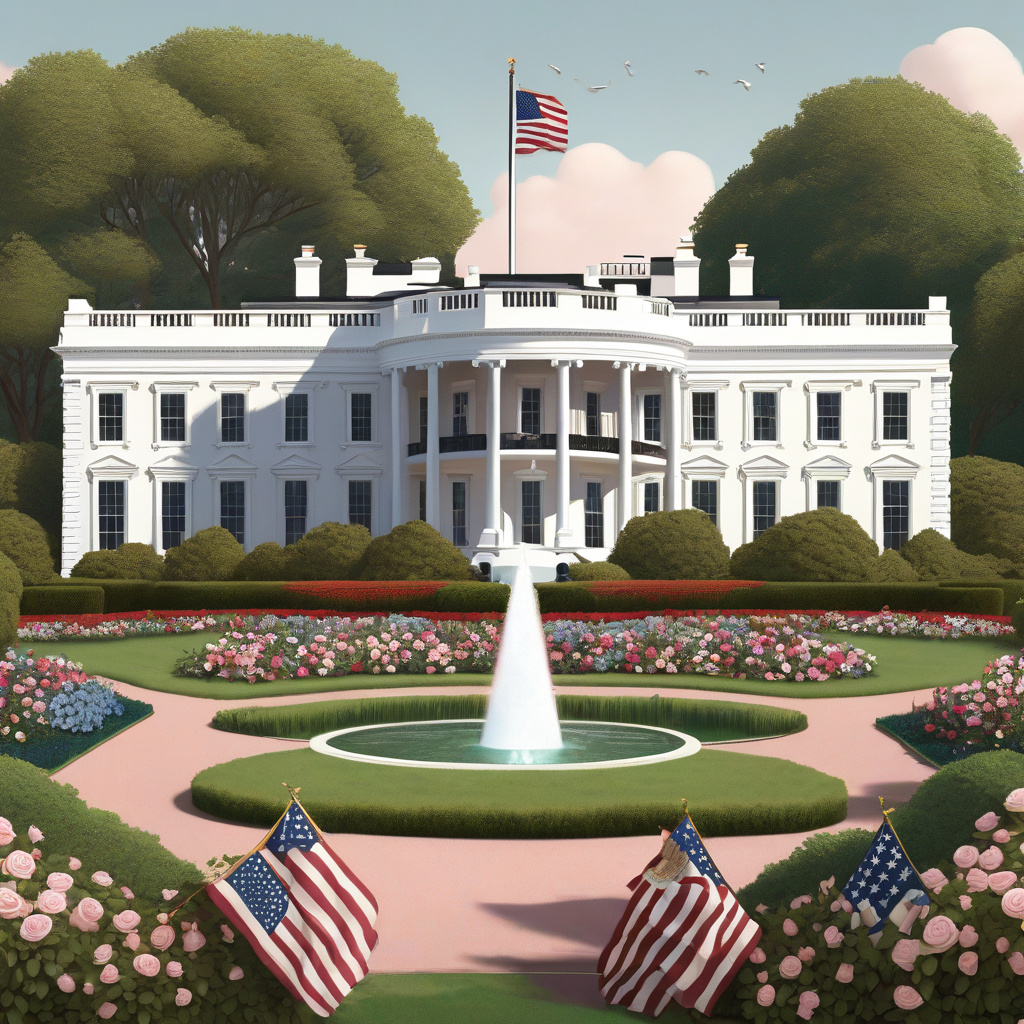Trump to Unveil Country-Based Tariffs Apr. 2 in Rose Garden
In a move that could significantly reshape international trade dynamics, President Trump is set to announce a series of country-based tariffs on April 2 from the White House Rose Garden. This initiative, described by White House Press Secretary Karoline Leavitt as a “reciprocal tariff push,” aims to impose tariffs based on the trade practices and economic behaviors of specific countries.
The concept of country-based tariffs is not new, but Trump’s administration is poised to take a bold step in revisiting this approach, especially in light of ongoing trade tensions and concerns over fair competition. Historically, tariffs have been employed as tools to protect domestic industries from foreign competition. However, the Trump administration’s focus on reciprocity marks a shift towards a more aggressive stance in international trade negotiations.
Leavitt’s announcement indicates that the tariffs will be tailored to individual countries, reflecting their trade balances, practices, and compliance with international trade norms. This could mean that countries with whom the United States has a trade deficit might face higher tariffs, while those that align more closely with U.S. trade policies could see lower rates. For instance, if China remains a significant source of trade imbalance, it may face steep tariffs designed to level the playing field for American manufacturers.
The implications of such a policy could be profound. Economists warn that imposing tariffs can lead to increased costs for consumers. Products subject to higher tariffs may see price hikes, impacting everything from electronics to everyday household items. For instance, the last round of tariffs on Chinese imports led to a noticeable increase in prices for consumer goods, thereby affecting purchasing power and consumer behavior.
Moreover, while tariffs can protect specific industries, they can also provoke retaliation from affected countries. If China responds with its tariffs on U.S. goods, American exporters could find themselves struggling in key markets. This could lead to a trade war scenario, which may ultimately harm the very domestic industries that tariffs aim to protect. The interconnected nature of global supply chains means that increased costs for imported materials can trickle down to American businesses and consumers alike.
The announcement also comes at a time when the U.S. economy is showing signs of recovery from the pandemic-induced downturn. However, uncertainty remains around inflation rates and supply chain disruptions. The potential introduction of new tariffs could exacerbate these issues, as businesses navigate increased costs and logistical challenges.
Another key factor to consider is the political landscape. Trump’s previous tariff strategies were met with mixed reactions from both sides of the aisle. While some GOP members supported the protectionist measures as a way to bolster American jobs, others warned of the long-term repercussions on global trade relations and economic growth. With the political climate continuing to shift, the administration’s new tariff strategy may face scrutiny not only from political opponents but also from industry leaders who fear the economic fallout.
As the April 2 announcement approaches, stakeholders across various sectors will be watching closely. The business community, particularly manufacturers and retailers, will be keen to understand the specific details of the tariff proposal and how it might affect their operations and pricing strategies. Additionally, consumers will be watching how these tariffs impact the prices of goods they rely on daily.
In conclusion, President Trump’s forthcoming announcement of country-based tariffs represents a significant pivot in U.S. trade policy. The focus on reciprocity aims to address perceived imbalances in trade relationships, but it also raises critical questions about the potential consequences for the economy, consumers, and international relations. As the administration prepares to unveil its strategy, the outcomes of this policy will likely reverberate far beyond the Rose Garden.
trade tariffs, international trade, economic policy, Trump administration, consumer impact
